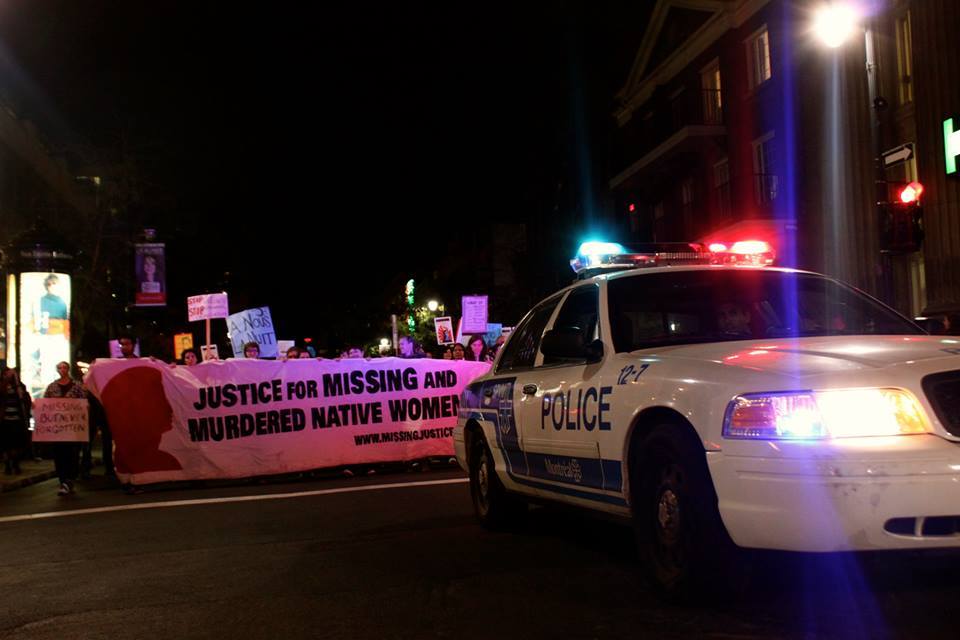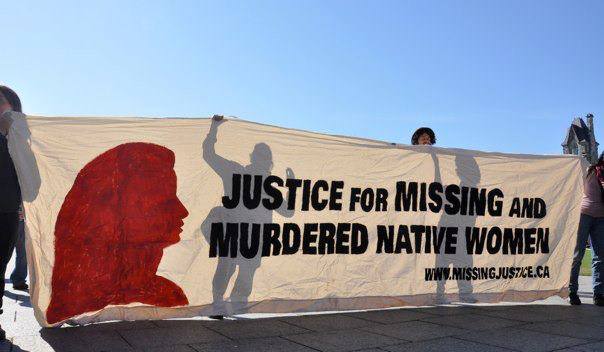I march because:
…love is everything; it is all that matters; nothing else measures up or ever will. Love of self; love of life; love of nature; love of resistance. We need to block off streets and take up space and make people late, all to remind ourselves and those around us, and even the world, that placing any interest above love is to bow to fear.
…I’m afraid, in spite of myself. I want to walk down the street alone at night with no other distraction than the curve of the moon and the wind at my back and the shifting of the leaves. It’s unacceptable, all the blood and pain of daughters still pooling and seeping into the ground all around us. Those who possess the most power are always the most hunted. This has to change.
…women are not safe–not really–anywhere. Sure, we can point our fingers at place, time, and culture, comparing and contrasting the dangers faced by women everywhere as though we were choosing an outfit—the least problematic dress to wear to the party, perhaps–but the fact remains: there is an underlying lack of respect for the female form inherent in every angle of the city, and every page of the policy.
…when any one part of any one society is violentally targeted for no reason other than their identity, that society is profoundly sick, in a long-term sense, and needs a radical new perception of health if it has any hope of surviving. We can’t communicate this effectively on the internet, which itself provides access to suppressed knowledge, at the same time being a cause of the sickness.
…what we call the “economy”of this land is nothing more than a brutal, ongoing system of colonization that justifies, facilitates, and makes excuses for theft of land, corruption, greed, rape, murder, and the consequent poisoning of the earth we all depend on.
…we lose touch with what’s urgent and what’s not. Our sense of collective urgency is skewed and stunted. Some would have us believe that violence against women is no longer urgent in these parts, or that it’s never urgent, when measured against more pressing “life and death” issues like climate change, or war. I would have them understand that dealing with any issue in a vacuum, makes no sense at all and will only create more work for all of us. If we negotiate with government to save a forest but decide that including First Nations people or women in the negotiations will only slow things down, or is somehow not an urgent consideration, for example, we end up leaving out people integral to the solutions we seek and steps integral to the process. In short, we end up replicating the same power imbalances we think we want to overcome, and even worse damage is incurred.

…everything is connected. To think this a cliché is to rob yourself and your future children of love and understanding. The targeting of Muslim women under the proposed Quebec Charter of Values; the racial profiling of youth of colour by the Montreal police; the alarming and still growing number of missing and murdered Native women and girls and the failure of the government to take action; the blaming of survivors of sexual assault for a short skirt or for being out late; the tendency to tell Native people to “just get over it”; the justification of the removal of sex education from high schools; the attack on abortion rights; a defense of the tar sands — to name a few. About all of these issues, we need to ask ourselves, continually and repeatedly, the following questions: “Who is pushing for this? Who will benefit from this? Who will be hurt by this? Who am I hearing the loudest? Who do I not hear at all? And, most importantly: Why?” We need to ask ourselves, continually, and repeatedly: am I motivated by love or by fear?, and then make adjustments accordingly.
…real education happens for all to see, a total spectacle of humans moving as a wave over the concrete and past the shoe stores and the strip clubs, respectful of difference in spite of difference, and desiring to draw attention and inspire fire.
Maya Rolbin-Ghanie is a Montreal-based organizer and writer of poetry, fiction, creative non-fiction, journalism, and philosophical meanderings. She is the founder of Missing Justice, a solidarity group which organizes popular education events about violence against First Nations women in Quebec, and she is Promotions Coordinator at the Centre for Gender Advocacy. She is finishing up a Masters in Creative Writing at Concordia University. She wants to spend her life teaching and writing and promoting revolution from the roots up.
www.missingjustice.ca, www.genderadvocacy.org, www.mayakhamala.com, www.dominionpaper.ca/author/maya_rolbin_ghanie


Photo credit 1. Art by Angela Sterritt, design by Maya Rolbin-Ghanie, 2. Mehdi Cee, ICEEU Visuals; 3. Lee-Ann Mudaly; 4. Missing Justice



